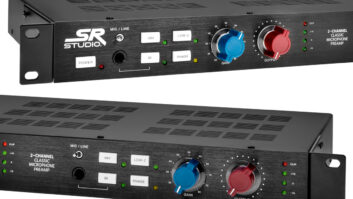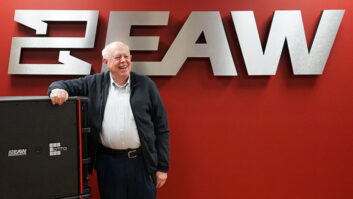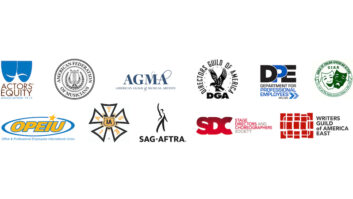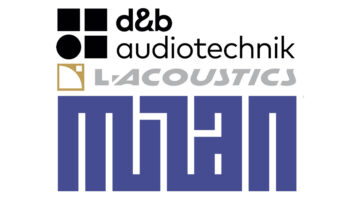Santa Ana, CA (March 20, 2012)—According to Take1 Insurance executive vice president and program director Scott Carroll, rental and staging companies, as well as tour sound and satellite uplink companies, now face an potential insurance risk that could potentially cost substantial penalties.

As the federal and states governments’ budgets continue to shrink, they are becoming increasingly eager to find additional sources of tax revenue, and maximizing the effectiveness of current tax regulations is one way to achieve this objective.
According to Carroll, “Rental and staging, tour sound and satellite uplink owner/operators have always relied heavily on 1099 independent contract workers. But by all reasonable IRS and Department of Labor (DOL) definitions, the vast majority of today’s 1099 workers do not meet the requirements that determine who qualifies as an independent contractor. Now a growing number of states, along with the IRS and the DOL, are taking a hard look at companies who utilize the 1099 tax form for their employees, specifically to determine how 1099 workers are utilized and instructed versus how they are classified on tax forms.
“In California, for example, as of January 1, 2012, when the California Department of Labor determines that a 1099 was misclassified, the employer can be slapped with a fine ranging anywhere from $5,000 to $15,000, and all the way up to $25,000 if it is determined that the misclassification was intentional and used to avoid liability for workers compensation payments.”
As a result, companies that may be affected are going to have to do what companies in the film and TV production industry have already done–begin classifying workers as “temporary employees” rather than 1099 independent contract workers. This change is going to increase the cost of doing business for the affected companies, as the more comprehensive regulations being deployed will create new tax obligations for the companies. However, companies who think they can get away with improper filings and do not ensure all employees are classified correctly will face the possibility of paying major fines in addition to being held responsible for the unpaid taxes.
How does a company owner find out if they should file a worker as a 1099 independent contractor or as a temporary employee? To start, employers can ask the IRS to make a determination on whether a specific individual is an independent contractor or an employee by filing form SS-8, Determination of Workers Status for Purposed of Federal Employment Taxes and Income Tax Withholding, with the IRS.
“Basically, it comes down to a couple criteria they use to determine the accurate tax status of an employee, and it is addressed on a case-by-case basis,” Carroll said. “To start, if the business owner has the right to directly control how the work is done through instructions, training or other means, the workers are most likely temporary employees. If however, the owner can direct or control only the final result of the work, and not the means or methods of accomplishing the result, the workers are probably independent contractors. Additional factors include whether the business has a right to direct or control the financial and business aspects of the worker’s job, and how the workers and the business owner perceive their relationship.”
Take 1
www.take1insurance.com







